Millions headed to ballot boxes on Sunday for critical municipal elections across Türkiye. Voters elected mayors of cities, districts, municipal assembly members and mukhtars of neighborhoods and villages.
In a neck-to-neck race, the Justice and Development Party (AK Party) secured mayoral seats in 23 provinces, while the main opposition Republican People’s Party (CHP) won seats in 36 provinces, according to the unofficial results as of 12:30 a.m. local time. The pro-PKK Green Left Party (YSP), informally known as the Peoples’ Equality and Democracy Party (DEM Party), a successor of the Peoples’ Democratic Party (HDP), came in third in the elections, winning mayoral seats in 10 provinces. The Nationalist Movement Party (MHP) won in eight provinces.
In Istanbul, Ekrem İmamoğlu retained his seat. İmamoğlu won more than 50% of the vote. His main rival Murat Kurum, the AK Party’s candidate, won more than 40% of the vote. The two candidates were followed by New Welfare Party (YRP) candidate Mehmet Altınöz.
In the capital Ankara, incumbent Mayor Mansur Yavaş of the CHP won the election again, winning 59% of the vote. Turgut Altınok, the AK Party’s candidate, secured second place, while YRP candidate Suat Kılıç came third.
Izmir, Türkiye’s third largest province, opted for the CHP candidate, adhering to a tradition unchanged since 2003. AK Party candidate Hamza Dağ garnered more than 37% of the vote, while the YSP’s Akın Birdal came third.
The Good Party (IP), which had a strong showing in the 2019 elections where it won third place across Türkiye, lagged behind other opposition parties. Bilge Yılmaz, who heads the party’s economic affairs department, stepped down from his post within hours of the results and urged party Chair Meral Akşener to resign in the face of losses.
CHP Chair Özgür Özel made a speech as the first unofficial results put his party ahead in the elections and boasted the victory that came within months of his election to the top seat of the CHP. Özel specifically thanked mayors of metropolitan municipalities, including Istanbul, Ankara, Mersin, Adana and Antalya, for electoral wins. He emphasized that no voter should feel “defeated” based on the results.
Voting started at 7 a.m. local time and closed at 4 p.m. in 32 eastern provinces, while the remaining provinces closed polling stations at 5 p.m. Some 1.32 million young people voted for the first time. With candidates from 34 political parties competing, more than 206,000 polling stations were set up nationwide. A total of 81 provincial, 973 district and 390 township mayors along with 50,336 mukhtars, as well as provincial general assembly and municipal council membership elections were up for grabs. There were 1,003 election districts for mayoral elections at the provincial and district levels.
A total of 12,725 candidates, including 653 independents, vied for these seats. In Istanbul, there were a record-breaking 49 candidates for metropolitan mayor, with 22 representing political parties and 27 running independently. Two districts in Istanbul, Bakırköy and Sultanbeyli, had 25 candidates each competing for the district mayor position. Ankara had a total of 24 candidates running for the town hall. In Ankara’s largest district, Çankaya, there were 28 candidates, with 26 from political parties and two independents. The major competing parties were the AK Party, the CHP, the Nationalist Movement Party (MHP), the IP and the YSP.
The AK Party lost control of Istanbul and Ankara for the first time in 25 years, as well as some five megacities, to the CHP in the last local elections of 2019. A controversial rerun handed Istanbul to İmamoğlu. Under İmamoğlu, worldwide favorite Istanbul has fallen into disrepair. Voters in opposition-run municipalities mostly complain about the lack of municipal services, such as problems in water utilities that lead to frequent water outages and traffic issues stemming from troubles in road construction and improvement of existing roads.
YSP effect
In the southeastern provinces, the YSP had a strong showing, winning a majority of mayoral seats, from Diyarbakır to Hakkari. The party lost its seats in the 2019 elections due to a string of investigations into mayors accused of links to the PKK terrorist group. Courts have appointed trustees to most of the YSP municipalities in the southeast, over allegations that the mayors were engaged in pro-PKK propaganda. The party had backed the CHP candidate in the provinces with a predominantly Kurdish population in last year’s presidential elections. The YSP decided to field its own candidates in some cities but signaled that it was open to endorsing the CHP candidates in what it called “urban consensus” in big cities where it was likely stood to lose. President Recep Tayyip Erdoğan has slammed what he called a “dirty alliance” of the opposition.
In provinces rocked by the February 2023 earthquakes, the CHP secured victory in most places. Kahramanmaraş, which was at the epicenter of the “disaster of the century,” overwhelmingly voted for the AK Party, which repeated its 2019 success there.
Anatolian stronghold
Although it lost elsewhere, AK Party proved it was still a force to reckon with in the Anatolian heartland. From Isparta to Konya, Kayseri and Gaziantep further east, AK Party garnered majority of the votes. In the north, the ruling party retained seats in most provinces in the Black Sea region. In Erdoğan’s ancestral hometown Rize, for instance, the party garnered more than 54% of the vote.

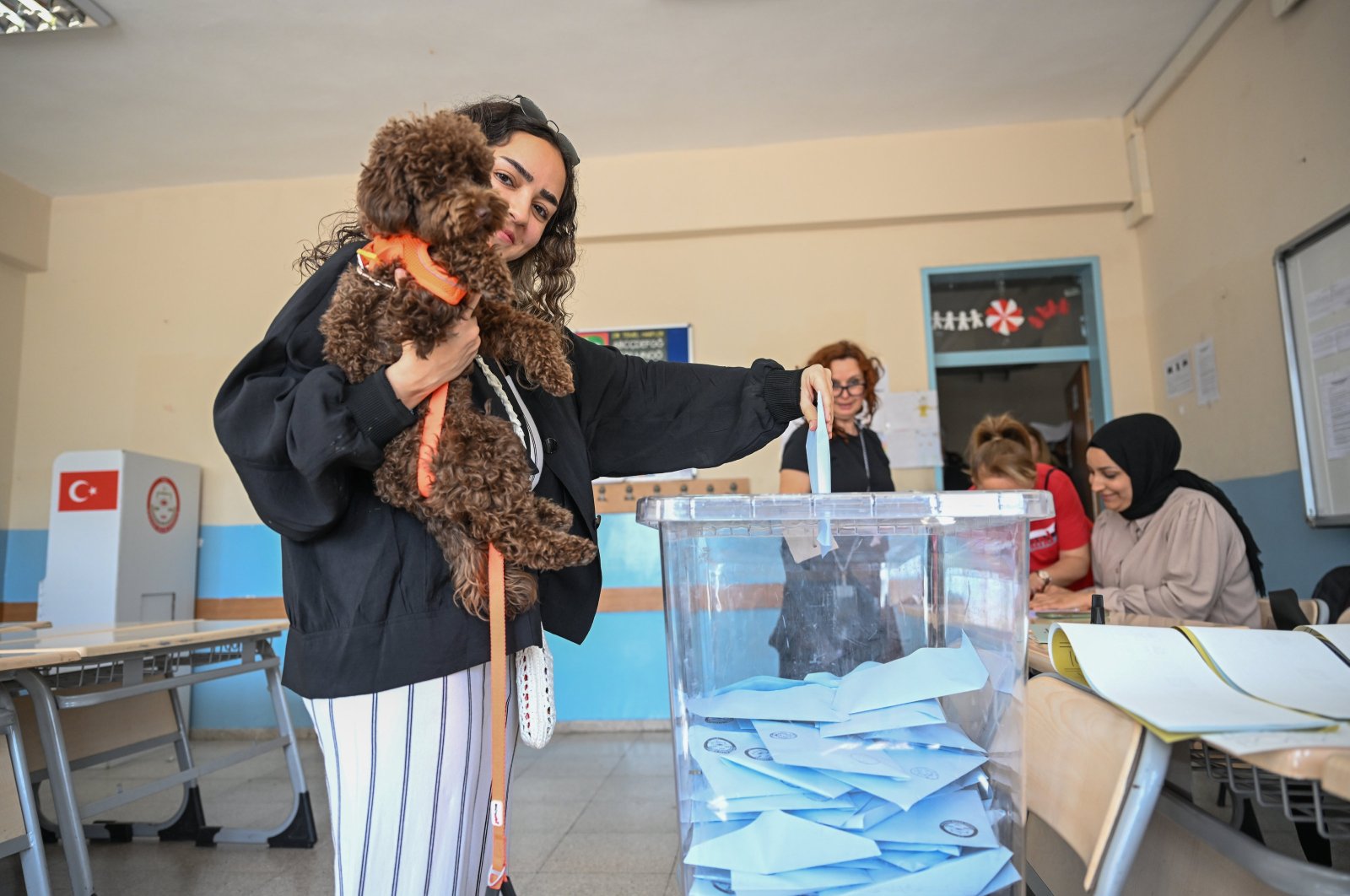

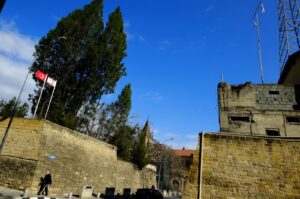
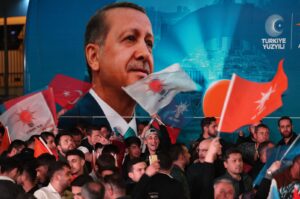

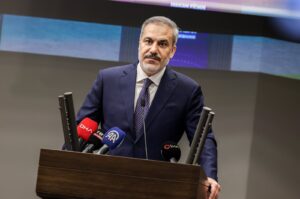

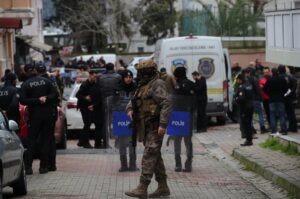
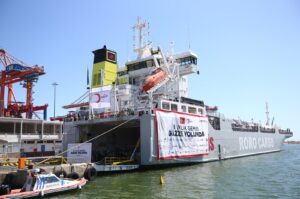

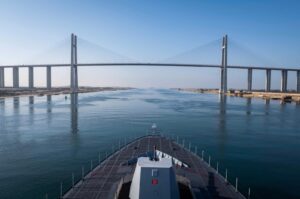
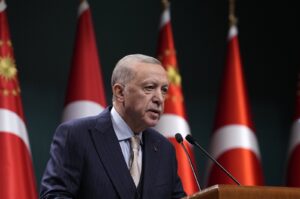

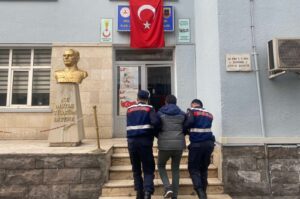
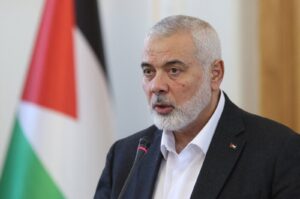
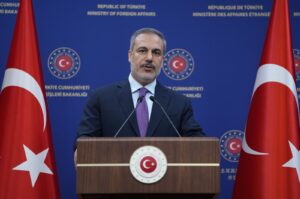


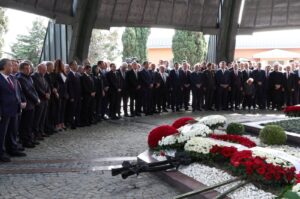
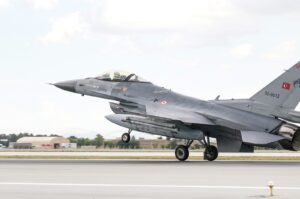
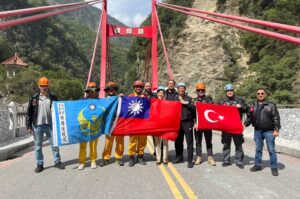
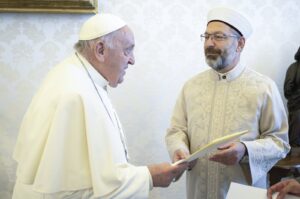

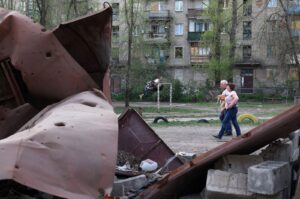
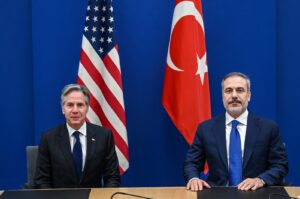
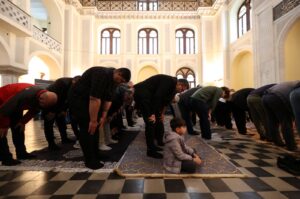

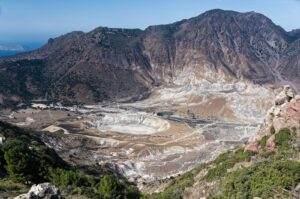

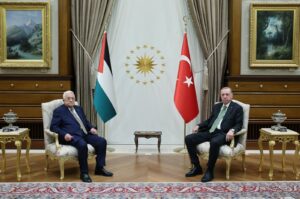

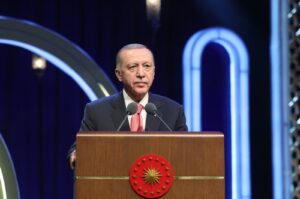


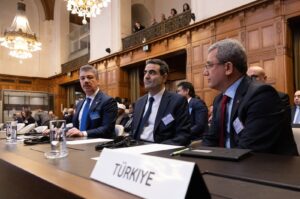
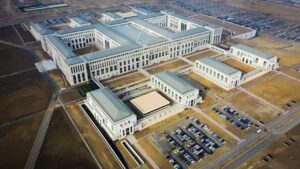
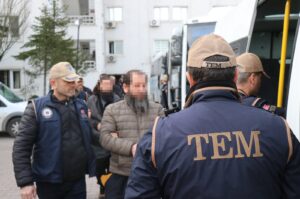
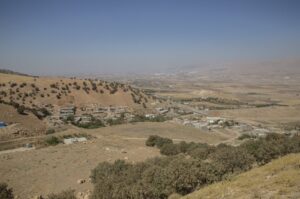


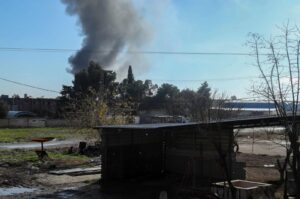

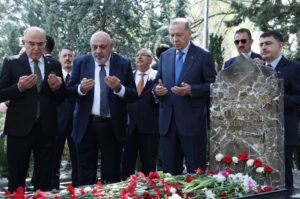
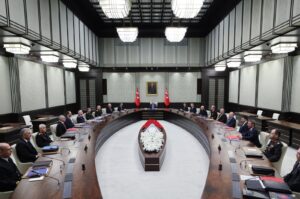
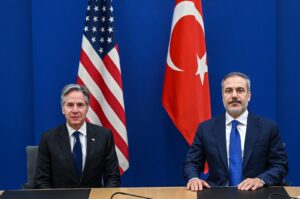
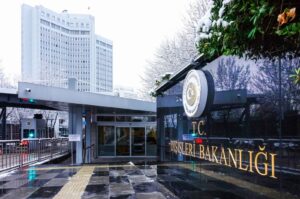
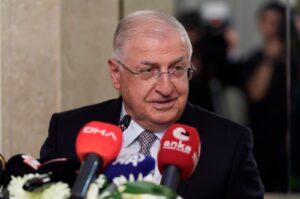

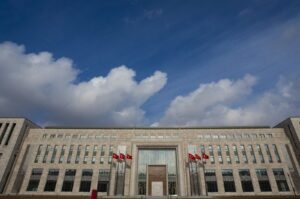
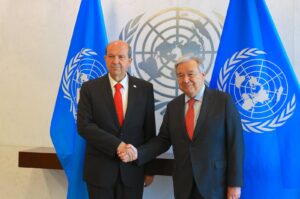

Be First to Comment